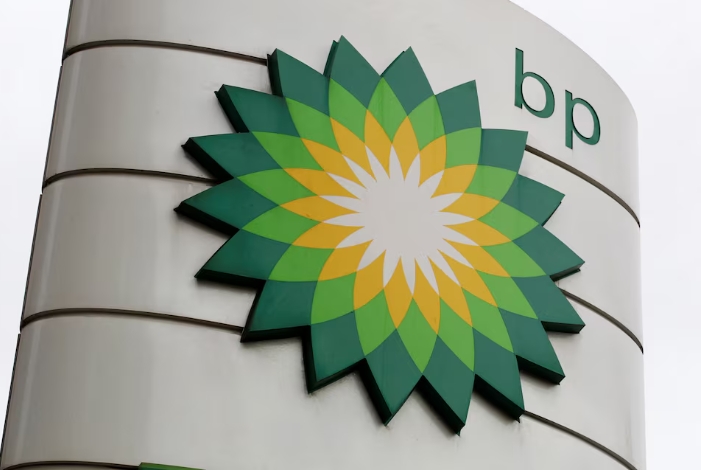
Following the completion of the deal, expected by end-2024, BP will take full ownership of Bioenergia which has production capacity of around 50,000 barrels a day of ethanol equivalent from sugarcane.
BP will consolidate Bioenergia's debt and lease obligations of $1.2 billion, it said, meaning it will pay out a total of $800 million to Bunge, according to Reuters calculations.
The acquisition comes amid growing investor concern over BP's strategy after ratings agency S&P Global earlier this month revised down BP's credit outlook, citing slower than expected debt reduction.
BP said the acquisition is expected to meet its returns threshold for bioenergy of more than 15% and will be within its existing annual spending framework of around $16 billion.
BP Bunge Bioenergia is one of the largest sugar and ethanol operations in Brazil. It runs 11 mills in five states, with capacity to process 32 million metric tons of sugarcane per season. Beyond ethanol, it produces more than 1 million tons of sugar per year.
Bunge has been trying to sell its sugar and ethanol assets in Brazil for some years. It had talks with possible buyers of its stake in the JV in 2022, with no deal.
Later, it was disclosed that BP would likely exercise its right of first refusal over any outside bid, and buy Bunge out.
Bunge shares were up around 1% on Thursday, while BP rose 0.8%.
Ethanol has been a difficult business in Brazil, with companies hardly making any money, said Willian Orzari, a partner at consultancy FG/A.
He believes BP is looking at the long term with the deal, possibly seeking to guarantee supplies of low-carbon biofuels to produce sustainable aviation fuel (SAF).
Sugarcane-based ethanol has a low carbon footprint. Several companies in the country have obtained certification to supply SAF.
BP also said on Thursday it is scaling back plans for the development of new biofuels projects.
The company is pausing two biofuel projects at its Lingen refinery in Germany and its Cherry Point refinery in the U.S. state of Washington. It is assessing three other projects.
"Taken together, these changes can enable us to deliver the growth and returns we expect from biofuels, but in a simpler, more focused way. This is fully in line with BP’s priorities of driving focus into the business and growing shareholder returns," BP's head of customers and products Emma Delaney said.